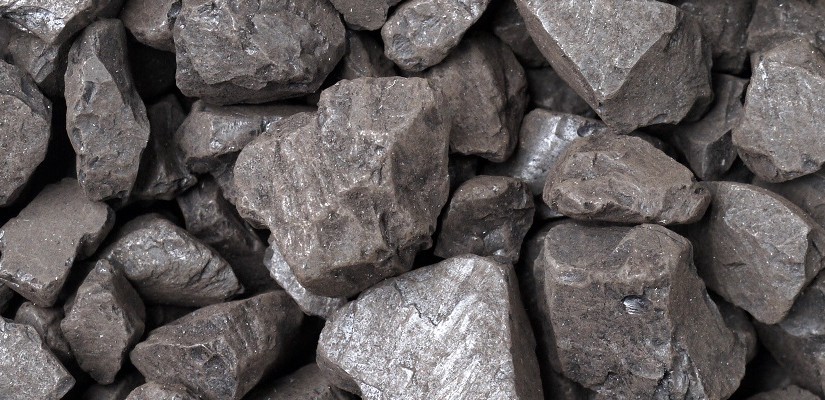ACCC probes duopoly risk in Glencore Rail sale
 Australia’s competition watchdog has raised concerns over the potential impact of Pacific National or Aurizon buying the Hunter Valley rail business of mining giant Glencore.
Australia’s competition watchdog has raised concerns over the potential impact of Pacific National or Aurizon buying the Hunter Valley rail business of mining giant Glencore.
Global commodities giant Glencore is selling its Hunter rail operations business, GRail, as part of consolidation and debt reduction efforts.
Pacific National and Aurizon – the two biggest bulk haulage operators in the Hunter – have emerged as bidders, and on October 6 the Australian Competition and Consumer Commission released a joint statement of issues for both bids.
A sale would cover Glencore’s rollingstock fleet (30 locomotives and 894 wagons), and a 20-year haulage contract for coal from Glencore’s mines to the Port of Newcastle.
While Pacific National and Aurizon seem the most obvious candidates to take over rail operations for Glencore, the ACCC is concerned that the pair already dominate business in the Hunter Valley, and that GRail represents the closest thing to a third player in that market.
Transferring GRail to one of the two majors, therefore, would create a true duopoly in the region, the watchdog believes. The question the ACCC is asking, now, is how bad that would be.
ACCC chairman Rod Sims explained the Commission’s position on Thursday.
“The Hunter Valley coal haulage market appears to have high barriers to entry,” he said, “so we would expect the addition of a third competitor to have a significant effect upon the market. This has been supported by market feedback.
“In contrast, an acquisition by Aurizon or Pacific National would essentially be a continuation of the status quo where there are two active players in the Hunter Valley coal haulage market.”
While Aurizon has its roots in Queensland, and Pacific National in New South Wales and Victoria, Sims believes both operators have been “sponsored” into each other’s market in recent years.
“There has been little or no new entry [from a third player] before or since,” he said, however.
“There are some examples of coal producers acquiring their own rolling stock, but Glencore Coal is the only Hunter Valley coal producer to have done so for a majority of its coal haulage requirements,” Sims explained.
“Glencore is now selling that rolling stock along with a long-term haulage contract.
“Coupled with the fact that Glencore Coal is the largest coal producer in the Hunter Valley, this is a platform for entry that is unlikely to be replicated in the foreseeable future.”
Key to the ACCC’s final decision – which is due on December 15 – will be to establish how important it is to avoid a rail duopoly in the Hunter Valley.
“Coal producers are generally well-resourced, sophisticated parties that may be able to protect their own interests, even if Aurizon or Pacific National acquires GRail,” Sims reasoned.
“We are going to be exploring their ability to leverage competition between Aurizon and Pacific National or to bypass both haulage providers by acquiring their own rolling stock or by sponsoring new entry,” he concluded.
The ACCC is inviting responses to these issues by October 21. The final decision date of December 15 is provisional at this stage. The full statement of issues is available here.
